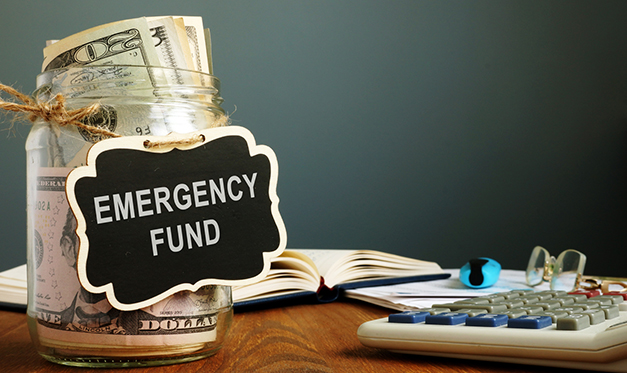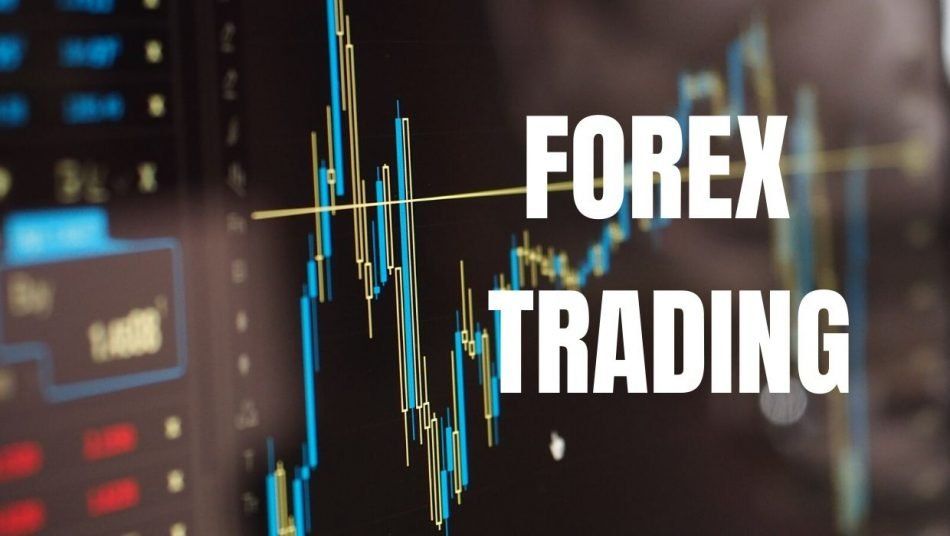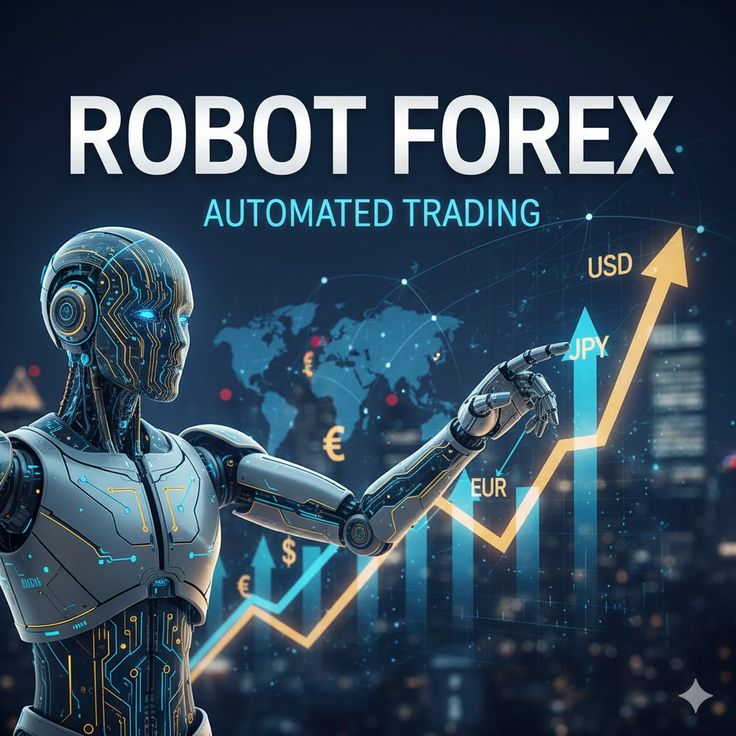
Expense management is the key factor in maintaining personal financial stability. Nowadays, many people believe that simply earning more money will automatically make them wealthy, but reality shows otherwise. Quite a few people earning 20–30 million VND per month, or even more, still end up broke by the end of the month. The problem does not lie in the income figure itself but in financial discipline—without it, going broke is inevitable.
When Income Rises, Expenses Expand Too

Using technology to manage expenses and financial investments effectively.
One of the biggest traps is the lifestyle inflation effect. You may start out with a 10-million VND salary, eating at local diners and buying affordable clothes. But when your salary increases to 20–30 million, you quickly upgrade your lifestyle: dining at restaurants, buying the latest phone, getting a new car, or even taking on loans to buy a house or luxury vehicle. As a result, expenses always run ahead of income. No matter how much your salary increases, your wallet still feels empty at the end of the month.
For example, an office worker earning 25 million VND a month spends 2 million each week on dining, 1 million on online shopping, plus phone installment payments and short trips. Within just two weeks, nearly the entire salary is gone. Without an expense management plan, no level of income will ever be enough.
No Tracking, Money “Disappears” Without Notice
Another reason is the lack of tracking cash flow. Many people cannot recall how much they spend on small items like coffee, milk tea, entertainment apps, or gym memberships. These “hidden” costs accumulate and push personal finances into danger.
In fact, according to personal finance surveys, the average person can spend 2–3 million VND per month on small expenses they don’t even notice. By developing the habit of recording expenses in a notebook or using a finance app, you strengthen your expense management skills, gain visibility into where every penny goes, and make timely adjustments before things spiral out of control.
Lack of Saving and Investing – Why Progress Never Happens

Saving and investing are essential components of expense management. Yet many people focus only on boosting income while neglecting saving and investing. When money hits their account, they spend it all on current wants—shopping, entertainment, travel—forgetting that the future also requires preparation. This financial blind spot means that even after 5–10 years of high income, they still lack an emergency fund or any investment portfolio.
Consider a simple example: if you set aside 5 million VND each month and invest in mutual funds with an average annual return of 8%, after 5 years your savings will reach nearly 370 million VND—enough to provide a safety cushion against risks or seed money for bigger plans.
On the other hand, if all your income is spent on short-term consumption, it will simply “drift away” without leaving long-term value. That’s why saving and consistent investing not only help money grow but also lay the foundation for achieving long-term financial freedom.
Smart Expense Management Solutions
Technology for Better Control
Today, expense management has become easier thanks to a variety of supporting tools like Money Lover, Sổ Thu Chi, or free Excel templates. These tools don’t just record transactions; they also automatically categorize expenses into groups like dining, shopping, bills, or entertainment. Some apps even send alerts when you’re close to exceeding your budget.
This habit of recording and tracking, though small, builds strong financial discipline and gives you full control over your cash flow, preventing your money from “disappearing” unnoticed.
Saving and Investing Regularly
In smart expense management, saving does not mean cutting all pleasures or living frugally. Instead, it’s about knowing how to allocate money wisely and setting clear goals.
For instance, you could allocate 3–5 million VND each month into an emergency fund and invest the remainder into safe instruments such as mutual funds, reputable corporate bonds, or ETFs. This approach not only builds a financial safety net but also grows your wealth steadily. As you see your account balance grow, you’ll gain more motivation to maintain the habit.
Emergency Fund – The Lifesaver

An emergency fund is an essential part of personal expense management. Many people assume that a high income eliminates the need for savings. In reality, just one unexpected event—job loss, accident, or illness—can disrupt your entire financial plan. Maintaining a fund covering 3–6 months of living expenses provides security, prevents you from falling into debt, and serves as a financial shield in times of crisis.
Conclusion: Keeping Money Is More Important Than Making Money
High income is an advantage, but without expense management, it’s no different from earning little. Smart individuals don’t just know how to make money; they also know how to keep it and make it grow. Personal finance operates much like running a business: without planning and proper records, losses are inevitable.
Don’t let “empty pockets” become a recurring cycle. Start today with a concrete expense plan, use a finance management app to track cash flow, and dedicate at least 20% of your income to saving or investing. Even a small monthly contribution, combined with financial discipline, will gradually transform your situation. Step by step, you won’t just avoid ending the month broke—you’ll also move closer to sustainable financial freedom.

















